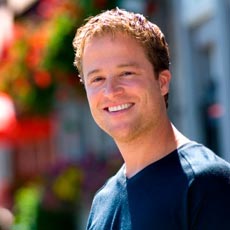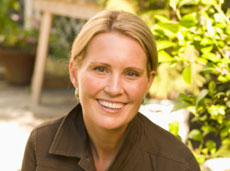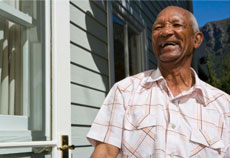July, 2018: Dennis's Fully Favorable Decision out of Boston, MA
Dennis is a 54 year old gentleman out of the south shore of Massachusetts, filed a Social Security disability claim with the Quincy, MA Social Security office on his own after discontinuing his self-employed work in construction following a stroke. Following a prompt denial of his claim, he contacted our office seeking legal assistance with his claim. Dennis had worked his entire life working construction and came to our office after his neurologist suggested that he see about getting a Massachusetts Social Security disability lawyer to assist him with his claim. Upon filing the request for reconsideration on Dennis’s behalf, he was promptly denied once again (as we explained to him would likely be the case) and we undertook a Request for Hearing on his behalf.
Given the Social Security Administration (SSA) does not typically request medical opinions from one’s own providers, SSA will many times request a consultative examination from one of their own providers. In Dennis’s case, SSA had failed to do both. And yet, SSA promptly denied Dennis, finding that he could undertake gainful employment that would require him to undertake light exertional employment requiring him to lift up to 20 lbs. occasionally, stand for walk for what would be a total of 6 out of 8 hours of a day, among a number of other activities. And these findings were despite Dennis’s complaints of continued left sided weakness that included difficulties with being on his feet for any length of time, or for that matter, for much of his day.
What became clear upon review of the file is that the state agency was missing not only many of the rehabilitation (physical therapy) treatment records but also the neurologist’s treatment records. While at the initial state agency level there was no evidence available that spoke to Dennis’s ongoing physical limitations, at the reconsideration level the state agency physician determining Dennis’s physical residual functional capacity found that he would have no limitation in terms of his ability to stand/walk throughout an 8 hour workday despite objective medical evidence available that pointed to continued “left-sided motor deficits.”
At the hearing level, the presiding Administrative Law Judge (ALJ) had available for review substantial additional medical evidence that not only included the complete rehabilitation records that reflected a number of falls and made reference to an ongoing weak gait), but also the ongoing records from his physiatrist that reflected the need for ongoing botox injection therapy for muscle spasticity and the fact that despite these injections, Dennis was continuing to experience deficits in strength/muscle power. Ongoing neurology records likewise reflected “marked weakness in both his left arm and leg” and a “hemiparetic” (weak) gait. Likewise, available for review for the first time were opinions from his treatment providers (both his neurologist and his primary care physician) which made clear that Dennis remained incapable of an 8 hour day: whether it be primarily sitting throughout the day (that is, a sedentary position).
While providing a hearing brief ahead of time in support of his claim in the hope of avoiding the need for hearing (as we do in all cases), a hearing was in fact deemed required by the presiding ALJ. Following hearing, given the additional evidence provided and the arguments made in the brief, the presiding ALJ agreed that Dennis had remained incapable of being on his feet for longer than 10 minutes a at time or more than 2 hours out of an 8 hour work ,which the vocational expert confirmed would not allow for light exertional employment. Based on the medical vocational guidelines (the Grids), as was similarly noted in the case with Wayne’s claim, and the fact that Dennis had no transferable skills to sedentary exertional level employment, the presiding ALJ agreed that a finding of disabled was warranted.
The Law Offices of Russell J. Goldsmith has more than 35 years fighting for the rights of the injured and disabled. Call now at 1-800-773-8622 so we can begin fighting for you.
 Law Offices of Russell J. Goldsmith Home
Law Offices of Russell J. Goldsmith Home























